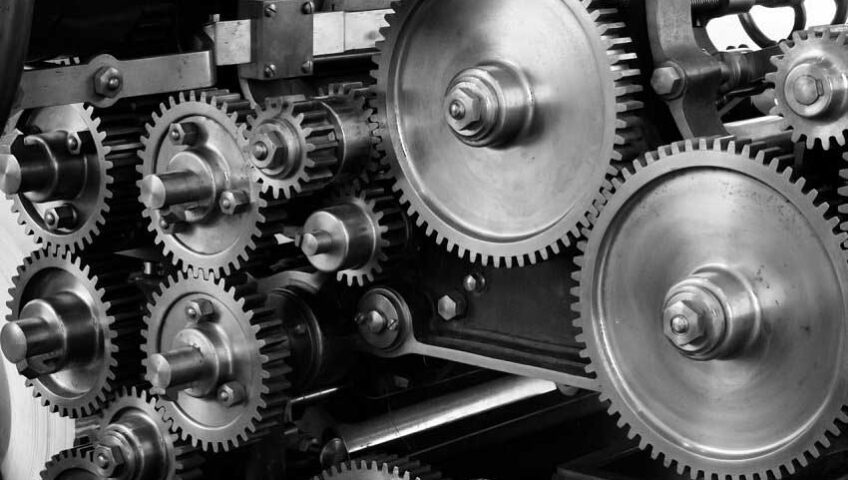The precision machine tool is far from being a novelty in the metallographic industry. Rather, it is a necessity without which parts cannot be machined to high accuracy. Therefore, this equipment is of particular importance and must be present in every laboratory dealing with the study of thin sections.
Here are several classifications of precision machines.
According to the groups they can be divided into:
- turning
- drilling and boring
- grinding
- gear-machining
- milling
Then the manufacturer subdivides them by accuracy classes:
- class P (increased)
- class B (high)
- class A (especially high)
- class C (extremely precise)
Machining and manufacturing of parts on precision machines makes it possible to obtain products and workpieces with surfaces corresponding to individual one-time or large bulk orders, providing products with precise positioning of axes, giving the correct geometric shape with low, or no, roughness. The machines utilize active monitoring devices and a high level of automatic equipment control.
A precision machine tool with limitless possibilities
These machines are used for machining metals and other materials in order to achieve high-precision milling or drilling for threading internal and external threads, profiles and grooves in products.
These are the demands placed on products in aircraft construction, ship modeling, die and mold milling and many other modern manufacturing industries.
Precision machines in high-tech development
Metkon precision machine tools are used in various industries: metallurgy, geology, electronics, research, biomedical or industrial laboratories.
As a method to examine and determine the quality of metals, various alloys, polymer compounds, ceramics and composites, metallographic equipment helps to assess their quality and properties:
- cutting machines (abrasive and precision)
- presses for pressing
- drying cabinets
- and other, special equipment
A special place was taken by precision machines in the field of petrography. The method of petrographic research on such machines is the basic one in metallography and helps to obtain precise results, without deviations in readings and with a short time of their preparation.
The sample preparation process consists of grinding, homogenization, hydrolysis and other operations carried out over the analysis sample in order to obtain the necessary data.
Applications
- microscopy
- chromatography
- materialography
- X-ray structural, instrumental, chemical and other types of analysis

